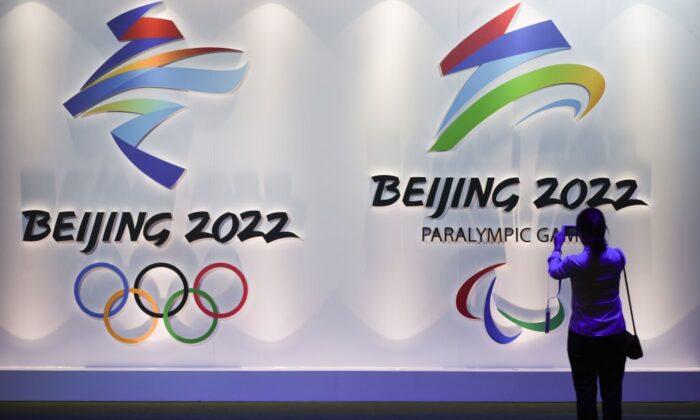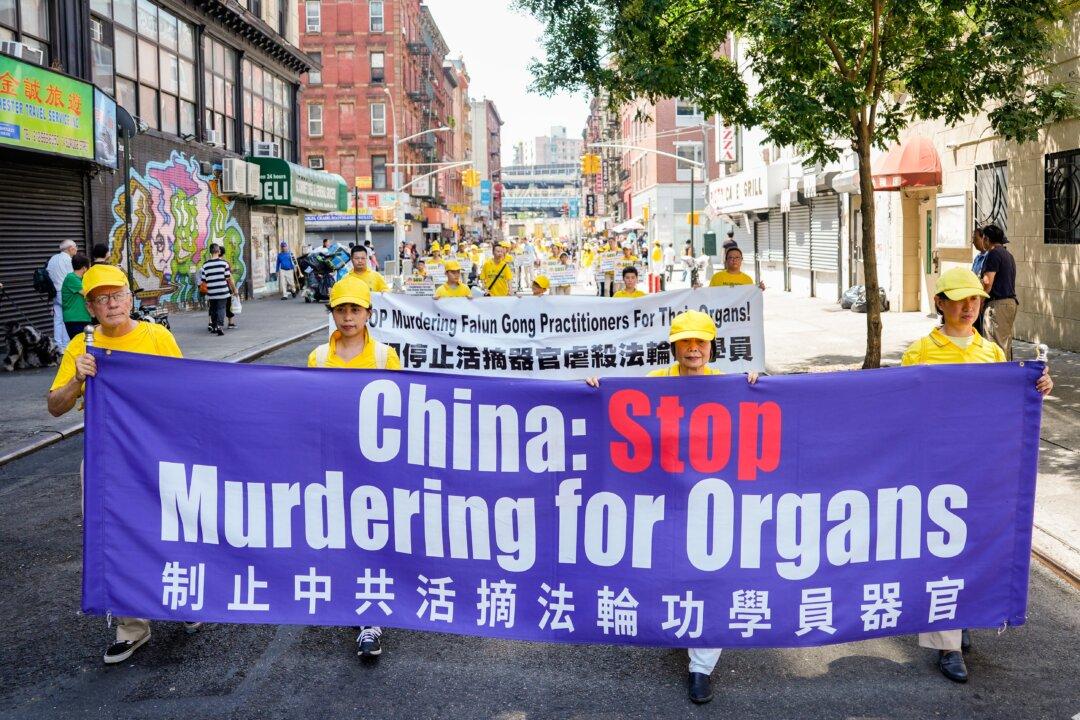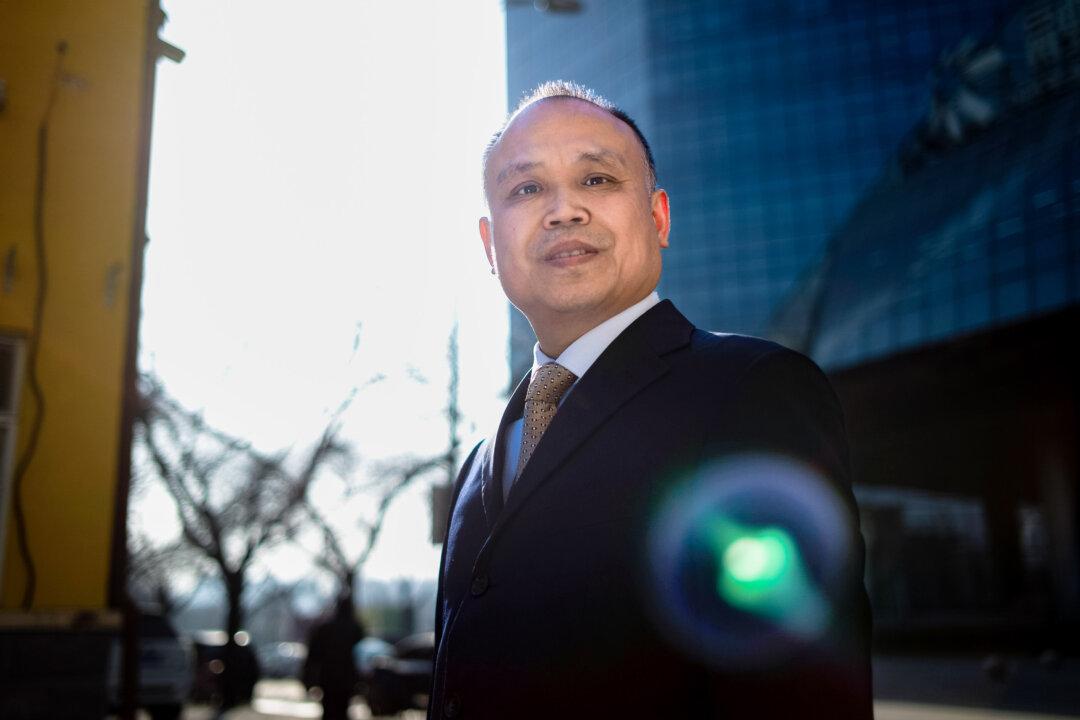A bipartisan group of U.S. senators has drafted a resolution to expose China’s poor human rights record, saying Beijing is unfit to host the Olympic Games.
China held its first Olympic Games in summer 2008 in Beijing. The city has now been selected by the International Olympic Committee (IOC) to host the 2022 Winter Olympics.
If China fails to “demonstrate significant progress in securing fundamental human rights,” including freedoms of religion, speech, and assembly, by Jan. 1, 2021, the IOC should rebid the 2022 Winter Olympics, the resolution stated.
Scott said: “The Senate is sending a clear message to the IOC: Stand up for freedom and urge Communist China to do the right thing, or find a new home for the 2022 Olympic Games. It’s not about politics, it’s about human rights.”
The resolution is also sponsored by Sens. Marsha Blackburn (R-Tenn.), Mike Braun (R-Ind.), Tom Cotton (R-Ark.), Dick Durbin (D-Ill.), Jim Inhofe (R-Okla.), Doug Jones (D-Ala.), Martha McSally (R-Ariz.), Marco Rubio (R-Fla.), and Todd Young (R-Ind.).
Tom Cotton (R-Ark.) mentioned in the release Beijing’s previous failure to improve its human rights record:
Human Rights Violations
Citing a number of reports, the resolution pointed to China’s long list of human rights violations.More than 1 million ethnic Muslims, including Uyghurs, Kazakh, and Kyrgyz people, have been detained in roughly 1,200 internment camps in China’s Xinjiang region, according to the 2019 Trafficking In Persons report by the U.S. State Department. Beijing claims these camps are “vocational training centers.”
“Authorities offer subsidies incentivizing Chinese companies to open factories in close proximity to the internment camps, and local governments receive additional funds for each inmate forced to work in these sites at a fraction of minimum wage or without any compensation,” according to the State Department report.
Last June, the tribunal, known as the China Tribunal, concluded beyond a reasonable doubt that state-sanctioned forced organ harvesting has taken place for years in China “on a significant scale,” and is still taking place today, constituting “crimes against humanity.”
In recent years, mounting evidence has confirmed that these prisoners of conscience have become an organ bank for the Chinese regime to conduct transplant surgeries for profit.
Hong Kong police have arrested more than 7,000 people and fired over 16,000 rounds of tear gas since mass protests began in June 2019 over a since-shelved extradition bill that would have allowed the Chinese regime to transfer individuals from Hong Kong to face trial in the mainland.
“The Chinese Communist Party (CCP) deprives its citizens every day of fundamental human rights and human dignity,” McSally said in the press release.
“It is unacceptable that a totalitarian regime with a clear record of oppression is slated to host the 2022 Olympic Games, which are meant to represent unity and peace.”






Friends Read Free